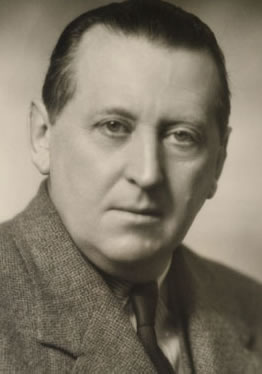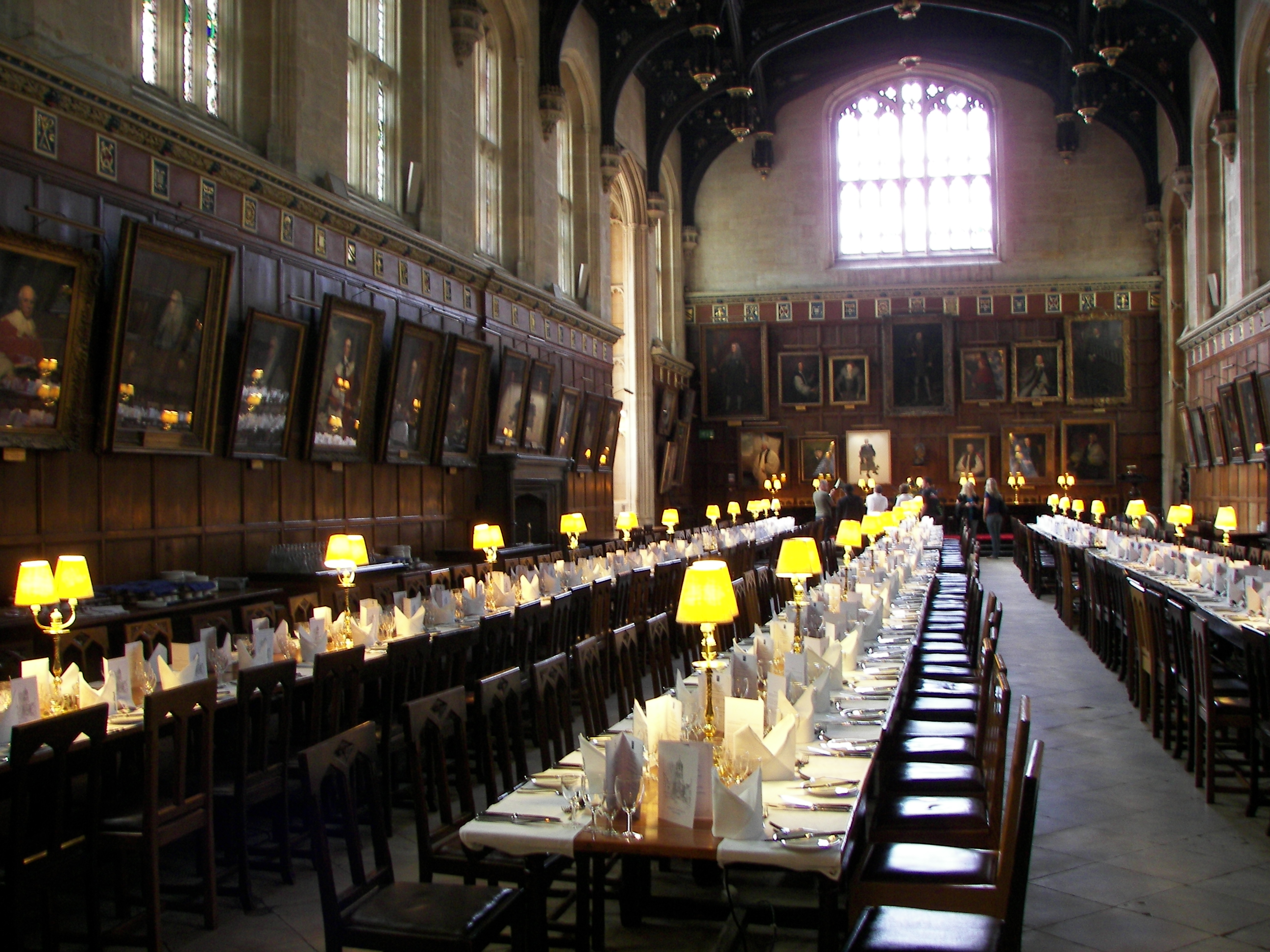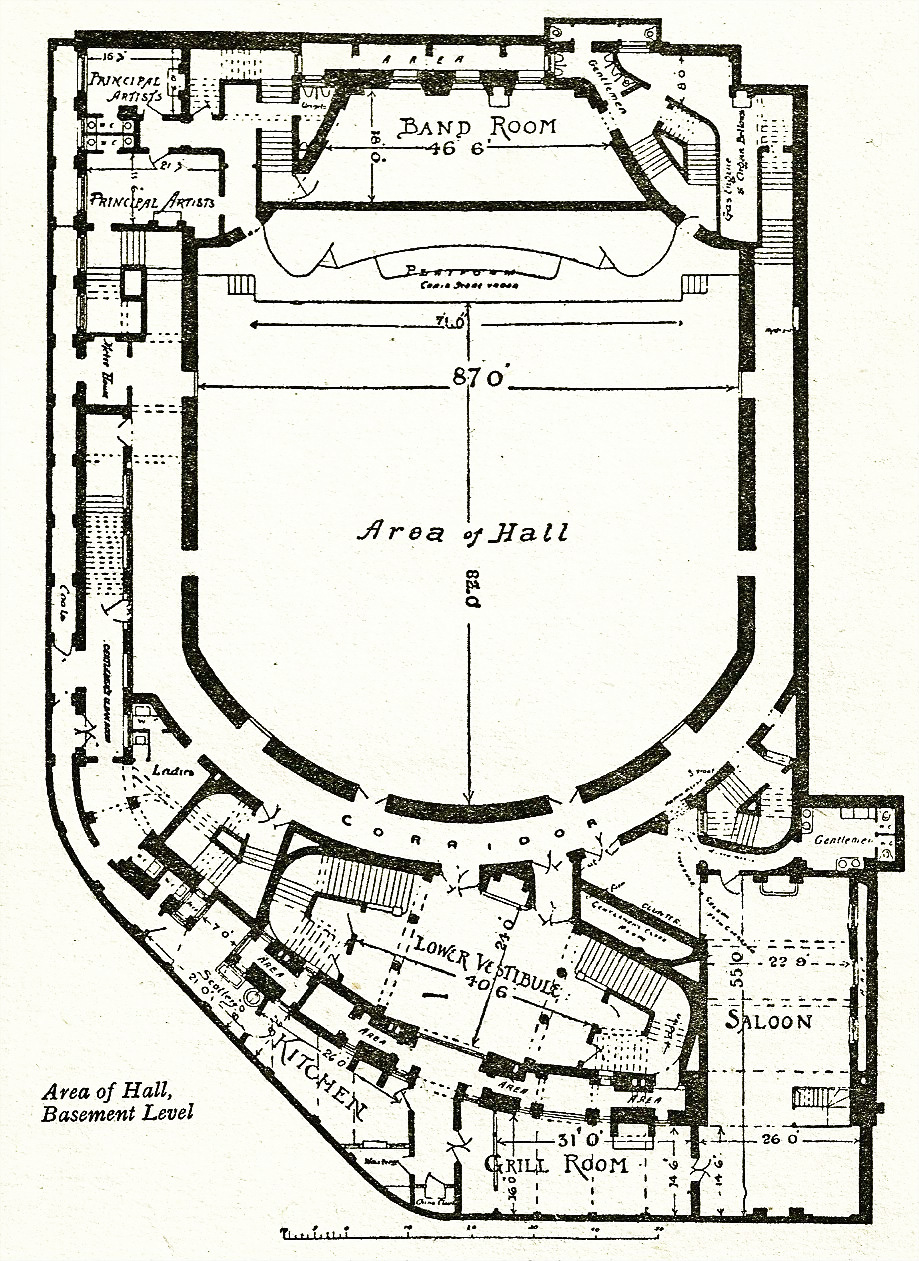|
Edwin York Bowen
Edwin York Bowen (22 February 1884 – 23 November 1961) was an English composer and pianist. Bowen's musical career spanned more than fifty years during which time he wrote over 160 works. As well as being a pianist and composer, Bowen was a talented conductor, organist, violist and horn player. Despite achieving considerable success during his lifetime, many of the composer's works remained unpublished and unperformed until after his death in 1961. Bowen's compositional style is widely considered ‘ Romantic’ and his works are often characterized by their rich harmonic language. Biography Bowen was born in Crouch Hill, London, to a father who was the owner of the whisky distillers Bowen and McKechnie. The youngest of three sons, Bowen began piano and harmony lessons with his mother at an early age. His talent was recognised almost immediately and he soon began his musical education at the North Metropolitan College of Music. He subsequently went on to study at the Blackheath ... [...More Info...] [...Related Items...] OR: [Wikipedia] [Google] [Baidu] |
Joan Mary Last
Joan Mary Last (12 January 1908 – 9 October 2002) was an English music educator, author and composer born in Littlehampton, Sussex. She studied piano with Mathilde Verne and York Bowen, making her debut as a pianist at the Aeolian Hall in London in 1926. After an injury to her hand ended her performing career, Last turned to teaching and composing. She was music director in Rosemead School, Littlehampton (1930 to 1954) and director of music at Warren School, Worthing (1940 to 1961). From 1959 she taught music at the Royal Academy of Music. From 1960 she was also an examiner for the Associated Board and an adjudicator for the British Federation of Music Festivals.Aaron I. Cohen. ''International Encyclopedia of Women Composers'' (1987), p. 266 She toured extensively, conducting piano teaching workshops in the United States, Canada, Africa, Scandinavia, Japan, Hong Kong, Australia and New Zealand. Last published over 100 tutors and albums of educational music featuring h ... [...More Info...] [...Related Items...] OR: [Wikipedia] [Google] [Baidu] |
Hans Richter (conductor)
Johann Baptist Isidor Richter, or János Richter (4 April 1843 – 5 December 1916) was an Austro-Hungarian orchestral and operatic conductor. Biography Richter was born in Raab ( Hungarian: Győr), Kingdom of Hungary, Austrian Empire. His father was a local composer, conductor and ''regens chori'' Anton Richter. His mother was opera-singer Jozefa Csazenszky. He studied at the Vienna Conservatory. He had a particular interest in the horn, and developed his conducting career at several different opera houses in the Austro-Hungarian Empire. He became associated with Richard Wagner in the 1860s, and played the solo trumpet part in the 1870 private premiere of the ''Siegfried Idyll''. In 1876, he was chosen to conduct the first complete performance of Wagner's ''Der Ring des Nibelungen'' at the Bayreuth Festspielhaus. In 1877, he assisted the ailing composer as conductor of a major series of Wagner concerts in London, and from then onwards he became a familiar feature of English ... [...More Info...] [...Related Items...] OR: [Wikipedia] [Google] [Baidu] |
Adrian Boult
Sir Adrian Cedric Boult, CH (; 8 April 1889 – 22 February 1983) was a British conductor. Brought up in a prosperous mercantile family, he followed musical studies in England and at Leipzig, Germany, with early conducting work in London for the Royal Opera House and Sergei Diaghilev's ballet company. His first prominent post was conductor of the City of Birmingham Orchestra in 1924. When the British Broadcasting Corporation appointed him director of music in 1930, he established the BBC Symphony Orchestra and became its chief conductor. The orchestra set standards of excellence that were rivalled in Britain only by the London Philharmonic Orchestra (LPO), founded two years later. Forced to leave the BBC in 1950 on reaching retirement age, Boult became principal conductor of the London Philharmonic Orchestra. The orchestra had declined from its peak of the 1930s, but under his guidance its fortunes were revived. He retired as its chief conductor in 1957, and later accepte ... [...More Info...] [...Related Items...] OR: [Wikipedia] [Google] [Baidu] |
Henry Wood
Sir Henry Joseph Wood (3 March 186919 August 1944) was an English conductor best known for his association with London's annual series of promenade concerts, known as the Proms. He conducted them for nearly half a century, introducing hundreds of new works to British audiences. After his death, the concerts were officially renamed in his honour as the "Henry Wood Promenade Concerts", although they continued to be generally referred to as "the Proms". Born in modest circumstances to parents who encouraged his musical talent, Wood started his career as an organist. During his studies at the Royal Academy of Music, he came under the influence of the voice teacher Manuel García (baritone), Manuel García and became his accompanist. After similar work for Richard D'Oyly Carte's opera companies on the works of Arthur Sullivan and others, Wood became the conductor of a small operatic touring company. He was soon engaged by the larger Carl Rosa Opera Company. One notable event in ... [...More Info...] [...Related Items...] OR: [Wikipedia] [Google] [Baidu] |
The Proms
The BBC Proms is an eight-week summer season of daily orchestral classical music concerts and other events held annually, predominantly in the Royal Albert Hall in central London. Robert Newman founded The Proms in 1895. Since 1927, the BBC has organised and broadcast The Proms. Each season consists of concerts in the Royal Albert Hall, chamber music concerts at Cadogan Hall (or occasionally other venues), additional Proms in the Park events across the UK on the Last Night of the Proms, and associated educational and children's events. Recently, concerts have been held in additional cities across different nations of the UK, as part of Proms Around the UK. The season is a significant event in British culture and in classical music. Czech conductor Jiří Bělohlávek described the Proms as "the world's largest and most democratic musical festival". ''Prom'' is short for '' promenade concert'', a term which originally referred to outdoor concerts in London's pleasure ... [...More Info...] [...Related Items...] OR: [Wikipedia] [Google] [Baidu] |
Royal Albert Hall
The Royal Albert Hall is a concert hall on the northern edge of South Kensington, London, England. It has a seating capacity of 5,272. Since the hall's opening by Queen Victoria in 1871, the world's leading artists from many performance genres have appeared on its stage. It is the venue for the BBC Proms concerts, which have been held there every summer since 1941. It is host to more than 390 shows in the main auditorium annually, including classical, rock and pop concerts, ballet, opera, film screenings with live orchestral accompaniment, sports, awards ceremonies, school and community events, and charity performances and banquets. A further 400 events are held each year in the non-auditorium spaces. Over its 153-year history, the hall has hosted people from various fields, including meetings held by suffragettes, speeches from Winston Churchill, Charles de Gaulle, and Albert Einstein, fights by Lennox Lewis, exhibition bouts by Muhammad Ali, and concerts from regular performer ... [...More Info...] [...Related Items...] OR: [Wikipedia] [Google] [Baidu] |
Queen's Hall
The Queen's Hall was a concert hall in Langham Place, London, Langham Place, London, opened in 1893. Designed by the architect Thomas Knightley, it had room for an audience of about 2,500 people. It became London's principal concert venue. From 1895 until 1941, it was the home of the The Proms, promenade concerts ("The Proms") founded by Robert Newman (impresario), Robert Newman together with Henry Wood. The hall had drab decor and cramped seating but superb acoustics. It became known as the "musical centre of the [British] British Empire, Empire", and several of the leading musicians and composers of the late 19th and early 20th centuries performed there, including Claude Debussy, Edward Elgar, Maurice Ravel and Richard Strauss. In the 1930s, the hall became the main London base of two new orchestras, the BBC Symphony Orchestra and the London Philharmonic Orchestra. These two ensembles raised the standards of orchestral playing in London to new heights, and the hall's resident ... [...More Info...] [...Related Items...] OR: [Wikipedia] [Google] [Baidu] |
Daily Express
The ''Daily Express'' is a national daily United Kingdom middle-market newspaper printed in Tabloid (newspaper format), tabloid format. Published in London, it is the flagship of Express Newspapers, owned by publisher Reach plc. It was first published as a broadsheet in 1900 by Sir Arthur Pearson, 1st Baronet, Sir Arthur Pearson. Its sister paper, the ''Sunday Express'', was launched in 1918. In June 2022, it had an average daily circulation of 201,608. Under the ownership of Max Aitken, Lord Beaverbrook, the ''Express'' rose to become the newspaper with the largest circulation in the world, going from 2 million in the 1930s to 4 million in the 1940s. It was acquired by Richard Desmond's company Northern & Shell in 2000. Hugh Whittow was the editor from February 2011 until he retired in March 2018. In February 2018 Trinity Mirror acquired the ''Daily Express'', and other publishing assets of Northern & Shell, in a deal worth £126.7 million. To coincide with the purchase ... [...More Info...] [...Related Items...] OR: [Wikipedia] [Google] [Baidu] |
Timothy Salter
Timothy Salter (born in Mexborough, Yorkshire in 1942) is an English composer, conductor and pianist. Biography Timothy Salter studied at St John's College, Cambridge, where he won the John Stewart of Rannoch Scholarship in sacred music. His piano teachers included York Bowen and Lamar Crowson. He has composed chamber and orchestral music, choral music and songs. He set up Usk Recordings in 1995 and is the musical director of the Ionian Singers. His compositions include a Sinfonietta (1981) and a Symphony (1981), the saxophone concerto ''Chameleon'' (2008), and much chamber music, including three string quartets (1980, 1983, 2010), the Clarinet Quintet (2009), a Piano Quartet (2006), a Piano Quintet (1990), a Piano Trio (1987) and two piano sonatas (1961, 1989). Vocal works include the song cycles ''Four Hopkins Songs'' (1968), ''After the Sun'' (1988) and ''Life'' (1988). He is co-author with Edward Lowbury and Alison Young of ''Thomas Campion, Poet, Composer, Physician'' ... [...More Info...] [...Related Items...] OR: [Wikipedia] [Google] [Baidu] |
Leo Rowlands
Leo Rowlands, O.F.M. Cap. (1891–1967) was a Welsh Catholic priest and musical composer, associated with Rhode Island. Early life Rowlands was born to Welsh parents (his father was a Congregationalist missionary) in Madagascar on 17 September 1891 and spent the first seven years of his life there before returning to be educated in schools in London and Wales. In 1912 he graduated in music from the University of Wales, Cardiff, going on to the Royal Academy of Music where he studied the piano, composition and singing with Frederick Corder and York Bowen and took his doctorate in music in 1914. In the same year he was received into the Roman Catholic Church and joined the army, serving as a cyclist and gunner in Italy and Flanders. He was captured in Neuve Chapelle in March 1918 and remained a prisoner until the end of the war. Musical career After a period as a music teacher at the Seaford School in Seaford on the south coast of England, Rowlands joined the Order of Friars ... [...More Info...] [...Related Items...] OR: [Wikipedia] [Google] [Baidu] |
Betty Roe
Betty Roe MBE (born 30 July 1930) is an English composer, singer, vocal coach, and conductor. Biography Betty Roe was born in North Kensington, London, England. Her father was a fishmonger at the Shepherd's Bush Market, and her mother was a bookkeeper. Roe took piano lessons from the age of six with local teacher Madam Dorina. She began writing music and arrangements in her teens during World War II when assisting with choirs at the local church. As a Junior Exhibitioner she studied piano with Fiona Addie, Muriel Dale, and Sadie MacCormack, and cello with Alison Dalrymple at the Royal Academy of Music, but left school in 1947 and took a job as a filing clerk. She continued at the Royal Academy in 1949, studying piano with York Bowen, cello with Alison Dalrymple, and voice with Jean McKenzie-Grieve. She continued her study of singing with Clive Carey, Roy Hickman, Peter van der Stolk, and Margaret Field-Hyde, and studied composition with Lennox Berkeley. In the 1950s Ro ... [...More Info...] [...Related Items...] OR: [Wikipedia] [Google] [Baidu] |






